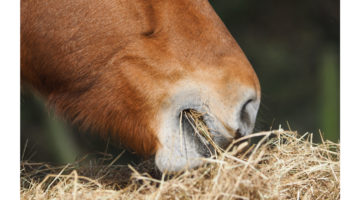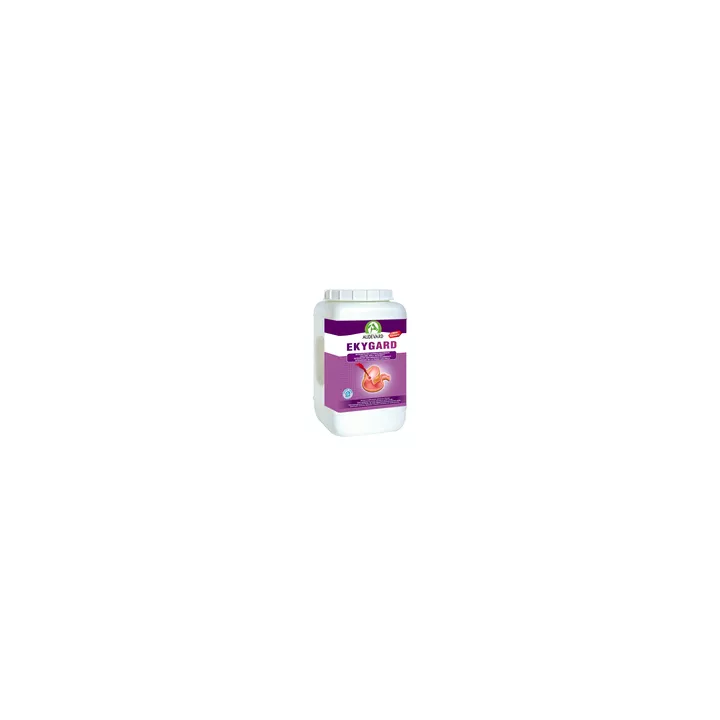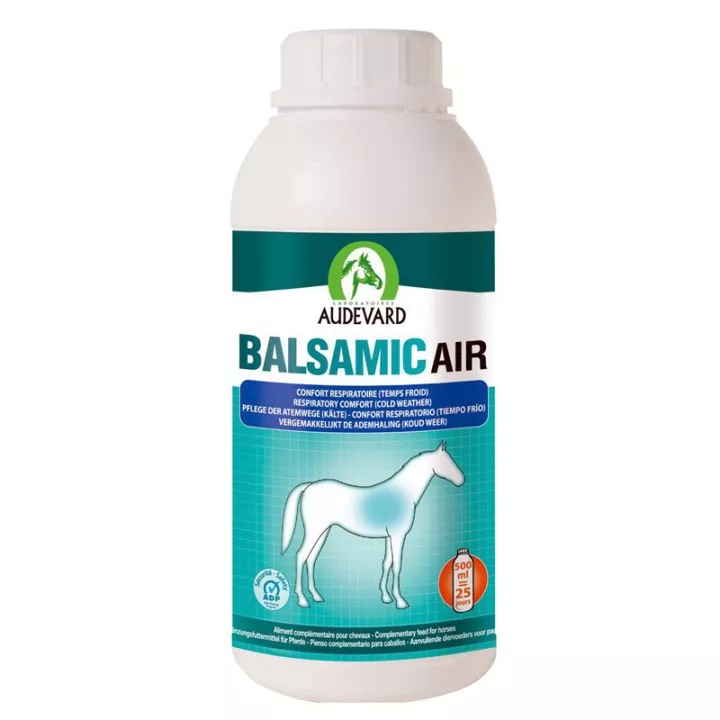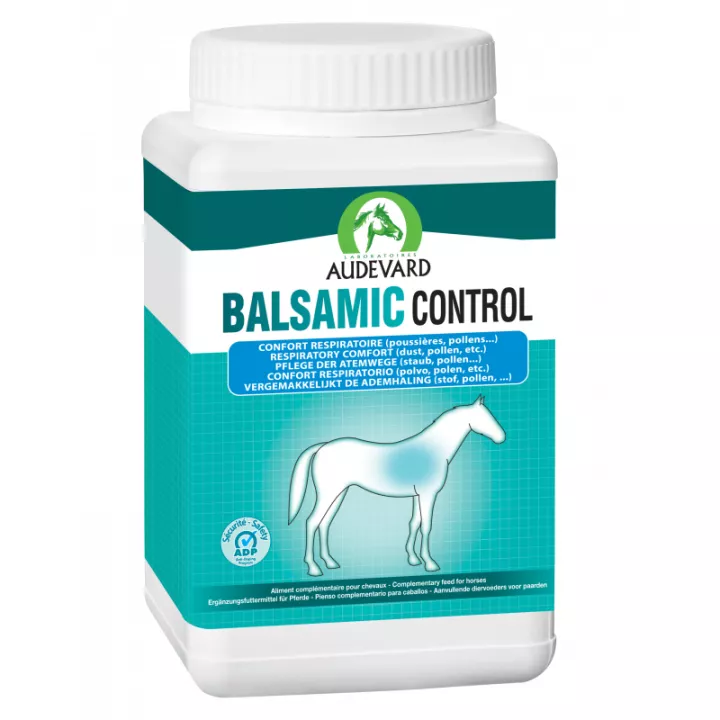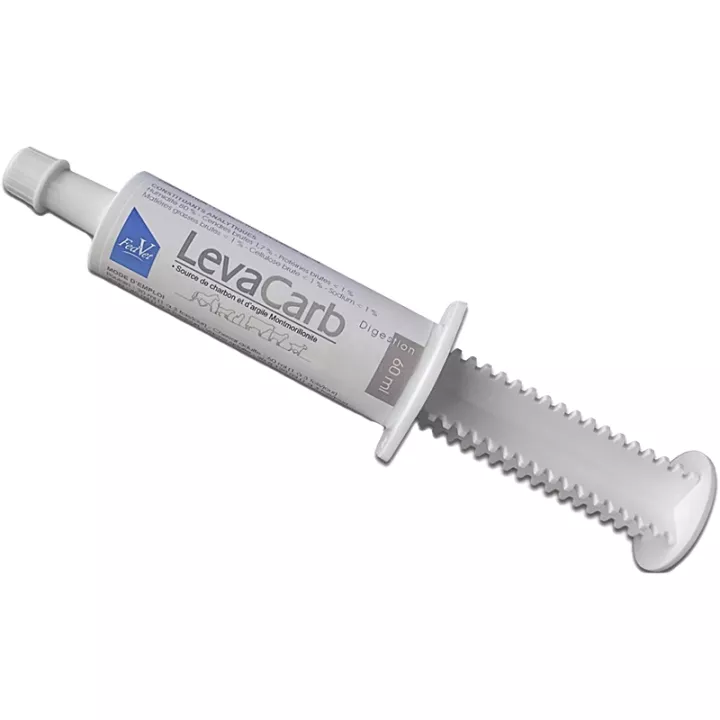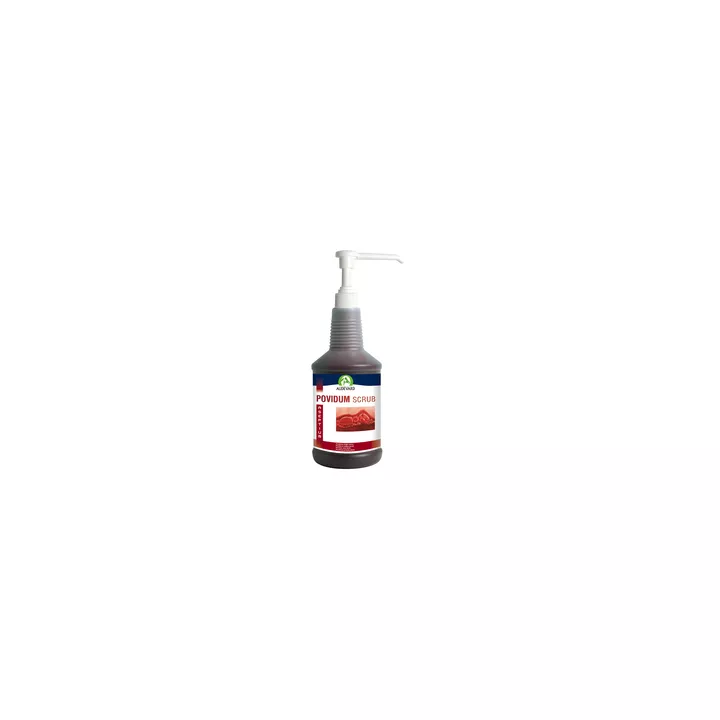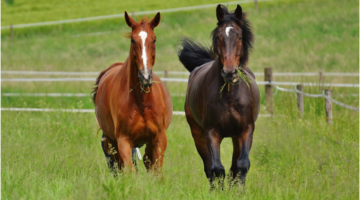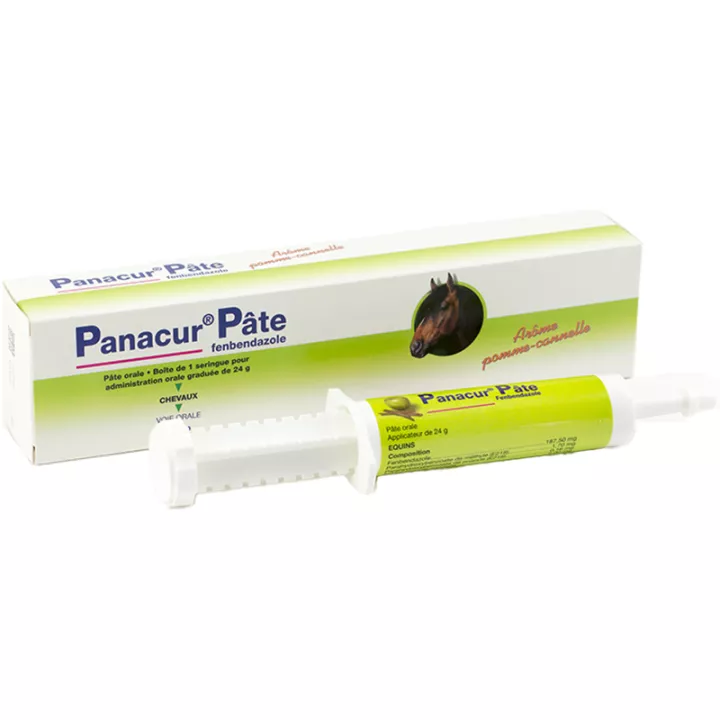What is Audevard Ekygard Granules used for?
Ekygard is a nutritional supplement in the form of palatable granules designed to protect gastric integrity. It has been specially formulated to :
- a protective action on stomach walls;
- limit acid production;
- promote healing.
Contact between Ekygard and the gastric mucosa leads to the formation of a dense, thick, protective colloidal gel. The mucosa thus protected heals more easily. Their action is reinforced by the soothing effect of green anise and marshmallow, and the healing effect of aloe vera and liquorice. Lecithin is micro-encapsulated to be active in a highly acidic environment such as the stomach. Green anise and laminaria are microfinished. Each batch of Ekygard is controlled by the Laboratoire des Courses Hippiques.
For horses, a nutritional supplement to be used in the following cases:
- racehorses in training;
- horses being monitored for gastric ulcers;
- foals on medication.
Ekygard has been formulated with a triple action in mind:
- Stomach wall protection: When Ekygard granules come into contact with the gastric mucosa, they form a thick, dense colloidal gel that acts as a protective barrier. Fibers such as kelp and ispaghul adhere to the mucosa, helping to hold pectin and lecithin together. Glycerine and bentonite clay reinforce this protective layer, offering optimum protection.
- Limiting acid production: Excess gastric acid can damage the stomach mucosa. Ekygard contains sodium bicarbonate, which reacts with hydrochloric acid in the stomach to buffer and reduce acidity, limiting the risk of damage.
- Promotes healing: A protected gastric mucosa is more inclined to heal. Ekygard benefits from the soothing effect of green anise and marshmallow, and the healing properties of aloe vera and licorice. These ingredients help repair any damage to the mucosa.
Ekygard is a versatile solution for a variety of situations:
- Racehorses in training: Racehorses undergo considerable stress during training. Ekygard can help protect their gastric mucosa, thus preventing ulcers.
- Horses treated for gastric ulcers: Horses with a history of gastric ulcers need special attention. Ekygard can be a valuable addition to their treatment and prevention.
- Medicalized foals: Foals requiring medical attention can also benefit from the protection offered by Ekygard for their developing gastric mucosa.
The Audevard veterinary laboratory also offers the Ekymash Booster solution, at the best price in our online pharmacy.
How to use these stomach granules?
Take orally.
- Horses: 40 g (1 level measure) morning and evening.
- Foals: 20 g (1/2 scoop) morning and evening.
- For optimum protection, Ekygard can be taken all year round or occasionally.
What does it contain?
Oral granules.
Ingredients : Sodium bicarbonate, pectin, lecithin, bentonite clay, green anise (Pimpinella anisum), marshmallow (Althaea officinalis), ispaghul (Plantago ovata), aloe (Aloe vera), licorice (Glycyrrhiza glabra).
Analytical constituents: Calcium: 0.6%, Phosphorus: 0.1%, Magnesium: 0.5%, Sodium: 5.4%.
Presentation: Box of 2.4kg, 6kg or 14kg granules.
Horses and ulcers
Gastric ulcers in horses are a common and often overlooked problem. These ulcers form in the mucous membrane of the stomach and can cause pain, behavioral problems and reduced performance in horses. They are often the result of constant stress, inappropriate diet or excessive exercise. Horse owners should be alert to signs of ulcers, such as loss of appetite, frequent colic, teeth grinding and behavioral changes. Appropriate management of feed, environment and stress levels can help prevent gastric ulcers in horses, improving their quality of life and general well-being.
Gastric ulcers are a very common pathology in horses:
- 100% of Thoroughbreds who have raced
- 60% of sport horses
- 25 to 57% of foals
Ulcers cause discomfort and significantly reduce performance. They can also lead to fatal colic.
